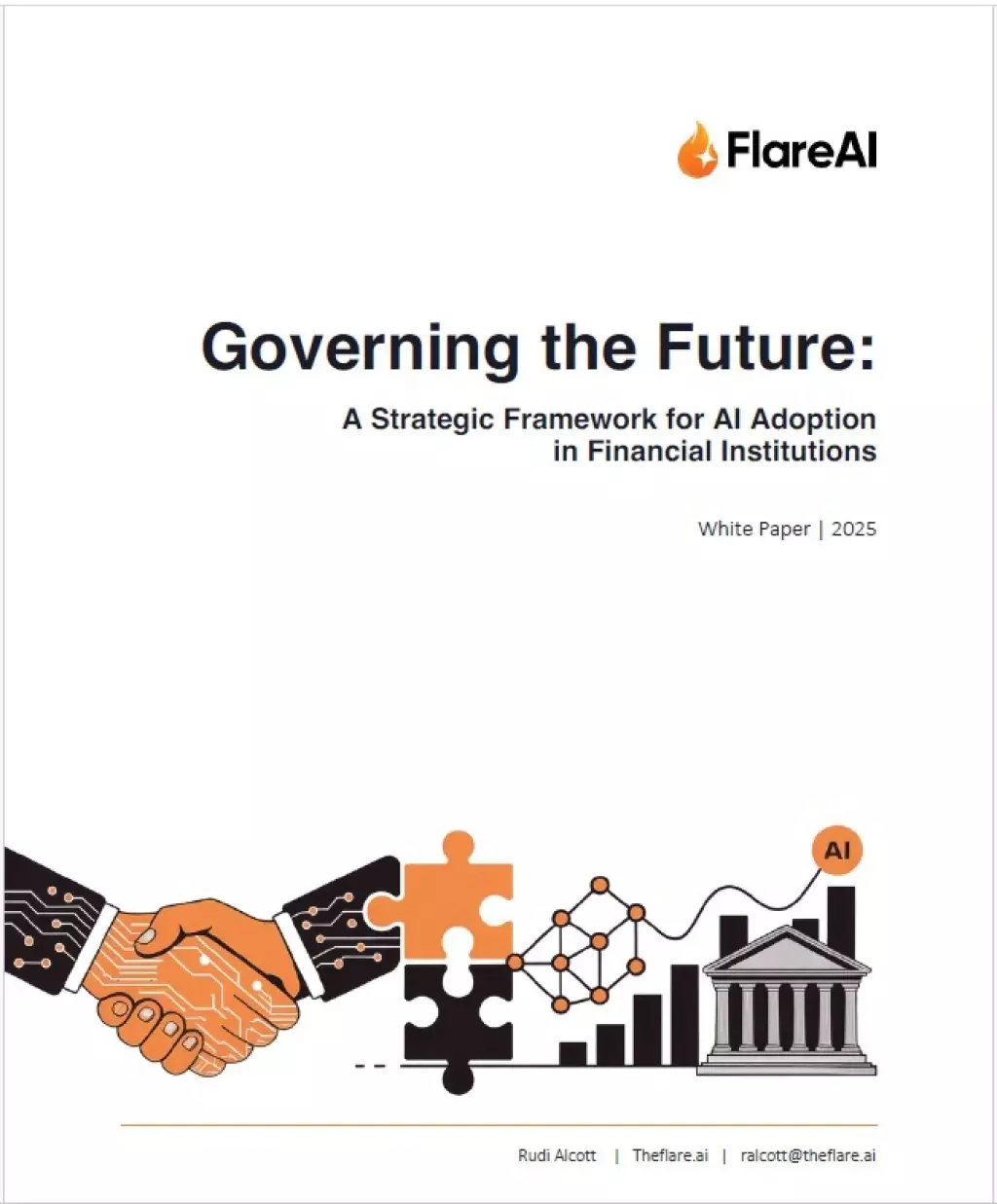Denmark to Amend Copyright Law to Combat AI Deepfakes
The Danish Government is set to amend its copyright law to address the growing issue of AI-generated deepfakes. This legislative change will grant individuals in Denmark the right to their own body, facial features, and voice, effectively giving them control over their digital likeness. The proposed amendment, which has broad cross-party support, is expected to be submitted for consultation before the summer recess and formally introduced in the autumn.
The initiative aims to protect individuals from unauthorized digital imitations, allowing them to demand the removal of such content from online platforms if shared without consent. The Danish culture minister, Jakob Engel-Schmidt, emphasized that the bill sends a clear message that everyone has the right to their own identity, a protection not currently afforded by existing laws.
The proposed law will also cover realistic, digitally generated imitations of an artist's performance without consent, with potential compensation for those affected by violations. However, parodies and satire will remain unaffected by the new rules. The Danish government hopes that this pioneering legislation will inspire other European countries to adopt similar measures, especially during Denmark's upcoming EU presidency.
We hope you enjoyed this article.
Consider subscribing to one of our newsletters like AI Policy Brief or Daily AI Brief.
Also, consider following us on social media:
More from: Regulation
Subscribe to AI Policy Brief
Weekly report on AI regulations, safety standards, government policies, and compliance requirements worldwide.
Whitepaper
Governing the Future: A Strategic Framework for AI Adoption in Financial Institutions
This whitepaper explores the transformative impact of artificial intelligence on the financial industry, focusing on the governance challenges and regulatory demands faced by banks. It provides a strategic framework for AI adoption, emphasizing the importance of a unified AI approach to streamline compliance and reduce operational costs. The document offers actionable insights and expert recommendations for banks with fewer than 2,000 employees to become leaders in compliant, customer-centric AI.
Read more
